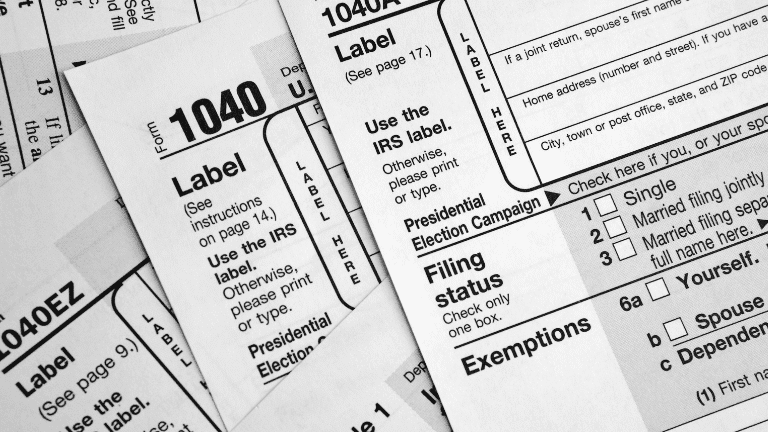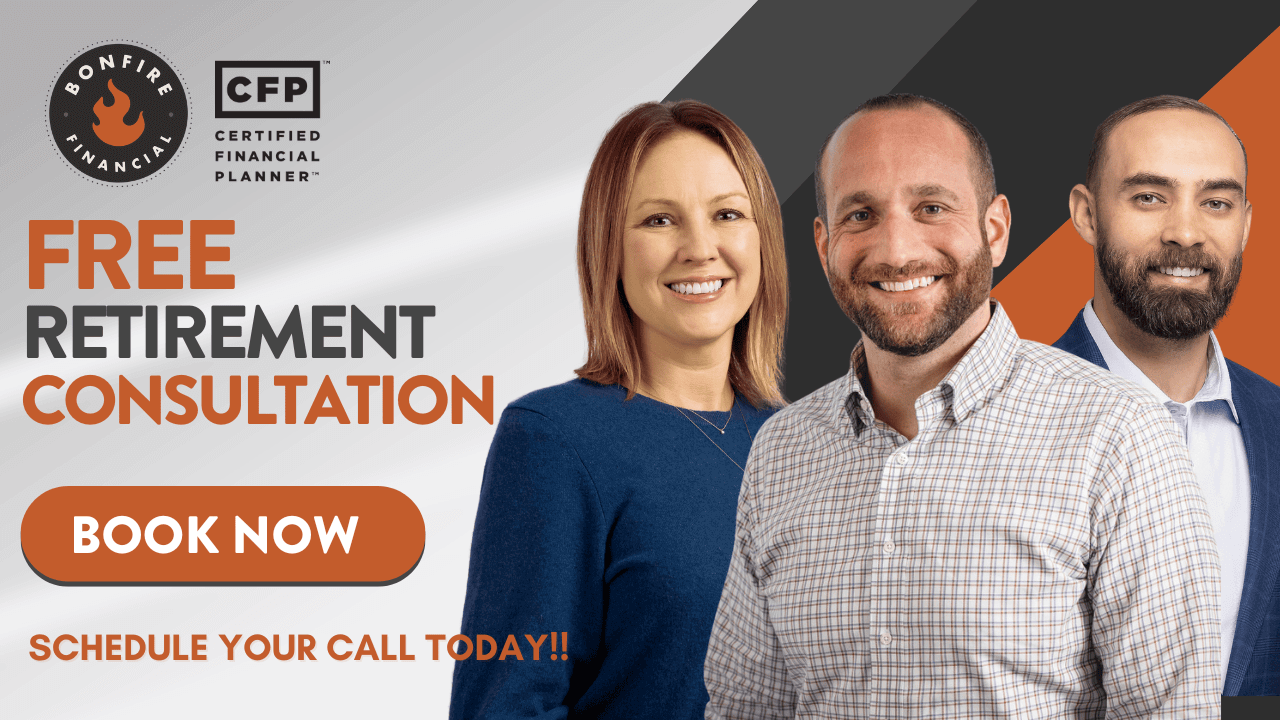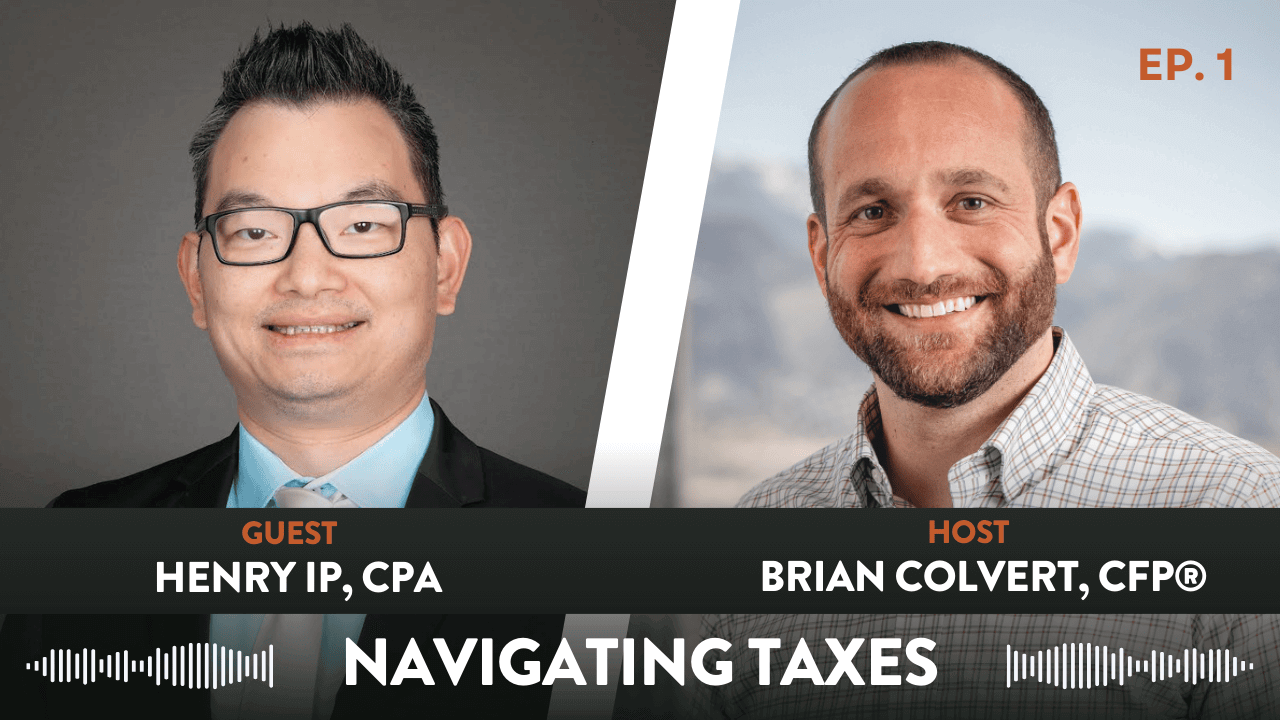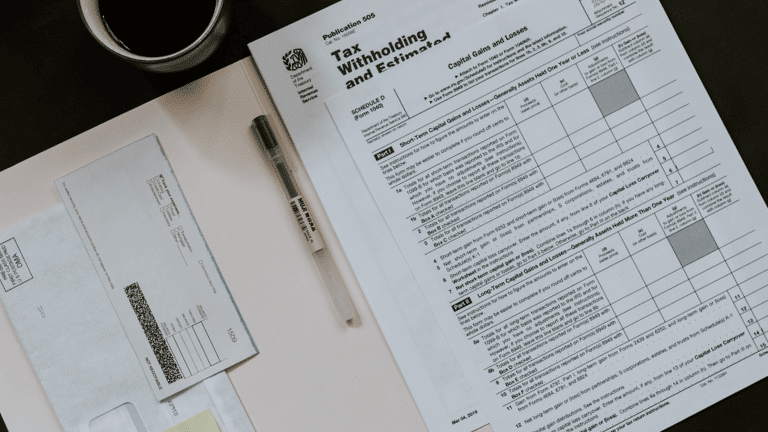When it comes to managing your finances, taxes are often viewed as a chore—a once-a-year task that revolves around gathering documents, filling out forms, and submitting them to the IRS. However, as Max Pollock, CPA, points out in his recent interview on The Field Guide podcast, there’s a significant difference between tax preparation and strategic tax planning. Understanding this distinction could save you money, reduce stress, and help you achieve your financial goals.
Listen anywhere you stream Podcasts
iTunes | Spotify | iHeartRadio | Amazon Music
The Difference Between Tax Prep and Tax Planning
According to Max, tax preparation is largely a reactive process. It involves compiling your financial information and ensuring compliance with filing requirements. In contrast, tax planning is proactive. It’s about looking ahead, understanding your financial landscape, and strategizing to minimize your tax liability while maximizing your wealth.
For instance, if you’re considering a Roth Conversion—moving money from a traditional IRA to a Roth IRA—the timing and execution of that decision can have significant tax implications. Tax planning helps you navigate these scenarios, ensuring you make informed choices that align with your long-term goals.
Proactive and strategic tax planning also includes evaluating potential life changes, such as starting a business, purchasing real estate, or preparing for retirement. Each of these scenarios has unique tax implications that can be optimized through strategic planning.
Common Missteps and How to Avoid Them
One of the most common misconceptions Max encounters involves passive income versus active income. Many investors purchase rental properties, expecting substantial tax benefits through depreciation. However, income thresholds and phase-outs can limit these benefits, particularly for high earners. Understanding these nuances is critical to creating a successful tax strategy.
Another often-overlooked opportunity is the home office deduction. Post-COVID, more individuals work from home than ever before, yet many fail to take advantage of this legitimate tax break. By properly allocating expenses such as utilities and property taxes, you can optimize your deductions within the boundaries of the law.
Max also emphasizes the importance of knowing your eligibility for certain deductions and credits. For example, income phase-outs can limit your ability to take advantage of tax breaks, such as contributing to a Roth IRA or qualifying for certain child tax credits. Awareness of these thresholds allows you to plan accordingly and avoid surprises when filing your return.
Strategies for High-Net-Worth Individuals
For high-income families or those heavily invested in equities, planning becomes even more essential. Max highlights the importance of strategies like:
- Trust Planning: Ensure your trust is properly funded and updated regularly to avoid wasted effort and costs. Many individuals spend significant resources creating trusts but fail to transfer assets into them, rendering the trusts ineffective.
- Alternative Investments: Alternative investments like equity, real estate, and oil and gas ventures offer tax advantages, but due diligence is critical to mitigate risks. These investments often come with large upfront deductions, such as depreciation, but require careful consideration of long-term benefits and risks.
- Charitable Giving: Leveraging tools like donor-advised funds or direct IRA contributions can maximize the impact of your donations while providing substantial tax benefits. Max suggests bundling charitable contributions into a single year to surpass the standard deduction and achieve meaningful tax savings.
Preparing for a Changing Tax Landscape
With new tax legislation on the horizon, it’s essential to stay informed and adaptable. Max advises keeping an eye on potential changes to income brackets, deduction limits, and other key provisions. For example, the sunset of the Tax Cuts and Jobs Act could lead to higher tax rates for many taxpayers unless Congress acts to extend these provisions. Check out the current year’s limits, tax brackets and more here.
In times of uncertainty, it’s crucial to work with a qualified tax professional who can help you navigate the evolving landscape. They can provide insights into proposed changes, evaluate their potential impact on your finances, and recommend strategies to minimize your tax liability.
Key Tax Planning Strategies for Families and Business Owners
Max shares several practical and strategic tax planning ideas that families and business owners can implement to optimize their tax situation:
- Leverage Retirement Accounts: Maximize contributions to tax-advantaged accounts like 401(k)s, IRAs, and Health Savings Accounts (HSAs). These accounts not only reduce your taxable income but also allow your investments to grow tax-deferred or tax-free.
- Plan for Capital Gains: If you’ve accumulated significant gains in your investment portfolio, consider strategies like tax-loss harvesting or gifting appreciated securities to charity. These tactics can help offset your gains and reduce your tax burden.
- Utilize Depreciation: For real estate investors, cost segregation studies can accelerate depreciation deductions, providing substantial tax savings in the early years of ownership.
- Optimize Business Deductions: Business owners should take full advantage of deductions for expenses like equipment purchases, employee benefits, and travel. The Qualified Business Income (QBI) deduction also offers significant savings for eligible pass-through entities.
- Consider Family Foundations: Creating a family foundation allows you to make a large charitable contribution in one year, achieving immediate tax benefits while distributing funds to charitable causes over time.
- Bundle Deductions: Another effective strategy is to bundle deductions into a single year. For example, paying property taxes for two years within a single tax year can help surpass the standard deduction and maximize itemized deductions.
Navigating Audits and IRS Scrutiny
With the IRS increasing scrutiny on high-net-worth individuals, it’s more important than ever to maintain accurate records and work with a qualified CPA. Max advises taxpayers to:
- Document Everything: Keep detailed records of income, expenses, and supporting documentation for deductions and credits.
- Engage a CPA: Having a professional prepare and sign your tax return provides additional assurance and support in case of an audit.
- Respond Promptly: If the IRS contacts you for additional information, respond quickly and professionally to avoid complications. A CPA can help you navigate this process and ensure compliance.
Max also highlights the importance of understanding red flags that might trigger audits, such as unusually large deductions or discrepancies in income reporting. By proactively addressing these issues, you can minimize the likelihood of IRS scrutiny.
Tax Planning for the Future
Looking ahead, Max advises staying informed about potential tax changes and incorporating flexibility into your financial plan. He also emphasizes the importance of long-term strategies, such as estate planning, to ensure your wealth is preserved for future generations.
For example, step-up in basis rules can significantly reduce capital gains taxes when assets are passed to heirs. By incorporating these strategies into your overall tax plan, you can create a more secure financial future for your family.
Final Thoughts
The smartest financial decisions stem from curiosity and preparation. As Max eloquently states, “The smartest person in the room is the one asking the questions.” By proactively engaging in tax planning, you can turn what feels like a daunting obligation into an opportunity to build and preserve wealth.
Whether you’re starting from scratch or refining your strategy, remember that tax planning is not just about compliance—it’s about setting yourself up for financial success. To hear more expert advice from Max Pollock, tune in to the full episode of The Field Guide podcast.
Tax planning is not a static process but a dynamic one that evolves with your financial goals and life changes. Embrace it as a tool to secure your financial future and unlock opportunities you may not have considered before.
If you’re ready to take your tax strategy to the next level or have questions about how strategic tax planning can benefit you, don’t hesitate to reach out to Max Pollock, CPA. With his expertise and personalized approach, Max can help you optimize your finances and achieve your long-term goals. Schedule a call with him today!
 Client Login
Client Login








